I never understood why the film adaptation of Pride and Prejudice left such a mark on me as a young Muslim woman.
Before the current Muslim girl phase of Korean dramas, there were few stories that felt wholesome, where love was portrayed without physical scenes, where longing and restraint were at the heart of the romance.
But growing up in England, Jane Austen’s novel spoke to a part of me that I always knew existed.
I imagined the kind of man I would marry with a certainty that, in hindsight, was nothing more than youthful arrogance.
He would be composed but warm, confident yet humble, a man of integrity whose presence alone would command admiration.
And now, in February 2025, I wonder how can this timeless piece of literature still inspire Muslim women?
Perhaps it is because, despite the cultural differences, it mirrors our own journey in so many ways.
Spoiler Alert!
A tale of love, misunderstanding, and self-discovery.
A novel where pride keeps people apart and prejudice distorts what is right in front of them.
But what if Elizabeth Bennet were a Muslim woman? What if, instead of ballrooms, she navigated halal courtship?
Instead of hushed conversations in the drawing room, she had a wali ensuring her honour and guiding her path.
Suddenly, Pride and Prejudice feels very real. Many women today find themselves in their own courtship stories, balancing confidence with humility, hope with wisdom, and expectation with reality.
One of the greatest conflicts in Pride and Prejudice is how people judge each other. Darcy appears cold and proud, yet he is a man of depth and integrity.
Wickham appears charming and sincere, yet he is full of deception. Lydia believes she is deeply in love, but in truth, she has mistaken attention for commitment.
How often do we do the same?
A sister writes to me.
"I have been following this brother online and he seems great. He shares reminders, speaks with wisdom, and carries himself with dignity. I really think I should reach out to him."
It reminds me of Elizabeth Bennet’s first impressions of Mr Wickham. Charming, eloquent, seemingly virtuous. But admiration without verification often leads to disillusionment.
"What do you actually like about him?" I ask. She hesitates. "I mean he just seems like a good guy?"
That hesitation holds weight.
Like Elizabeth, we assume we know a man’s character based on how he presents himself. We fill in the blanks with our own desires, shaping him into the ideal we wish him to be.
A few well-crafted words, a confident presence, and suddenly he is the man we have been making dua for.
But perception is not reality.
In Austen’s world, reputations were built on perceptions.
In ours, they are built on social media posts and well-timed quotes.
Yet, as Elizabeth learned, true character is revealed not in appearances but in actions.
A Muslim woman navigating courtship must be both hopeful and discerning.
A man’s Deen, integrity, and treatment of others cannot be confirmed by a well-lit profile picture or a thread on Islamic values.
She must observe, verify, and most importantly seek guidance from those who can see beyond what she wants to believe.
Mr Darcy was misjudged at first because he did not perform for an audience. It was his actions, his quiet sacrifices, his consistent honour, that revealed his worth.
So I tell her, "Admire from a distance but before you attach your heart seek the truth. The right man does not need an audience to prove his sincerity."
Elizabeth’s greatest mistake was believing Wickham’s words without proof. A Muslim woman should never be in that position.
A man’s character should be proven through actions, not just assumed through words.
One of the most beautiful aspects of Pride and Prejudice is how Elizabeth and Darcy fall in love without force.
There are no desperate chases, no emotional entanglements that strip them of dignity. They take their time, they assess each other, and they grow.
A Muslim woman must do the same.
Be interested, but not impulsive.
Be open, but not naive.
Trust Allah’s timing without forcing what is not meant for you.
Just as Elizabeth did not run after Darcy, a Muslim woman does not chase a man who is not written for her.
She prepares herself, refines her standards, and moves with wisdom. And when the right man comes, she does not have to force anything.
It flows. It is easy. And most of all, it brings peace.
At its heart, Pride and Prejudice is about growth, clarity, and trust.
Elizabeth and Darcy had to let go of their pride and assumptions to see the truth before them.
A Muslim woman on the path to marriage must do the same.
Refine your expectations without lowering them.
Verify before idealising.
Trust Allah’s timing instead of trying to control the process.
When the right man stands before her, there will be no confusion and no compromise of values, only clarity, peace, and a marriage built to last.
P.S. If you are on this journey, I created something for you.
I wrote The Ultimate Guide to Marriage Readiness to help Muslim women navigate this process with wisdom, confidence, and faith. When you prepare your mind, heart, and expectations the right way, the path to marriage becomes easier, clearer, and filled with barakah.
You can find it here: [OPEN LINK] 💕





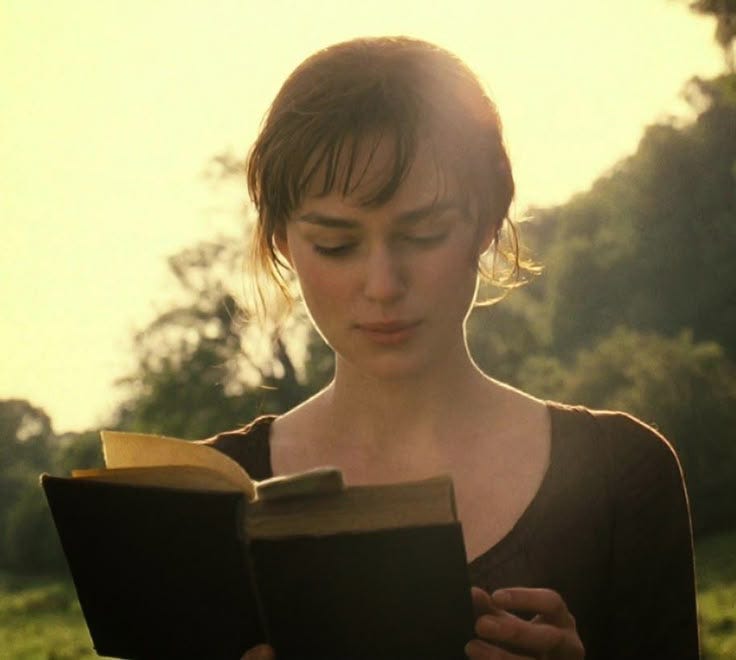
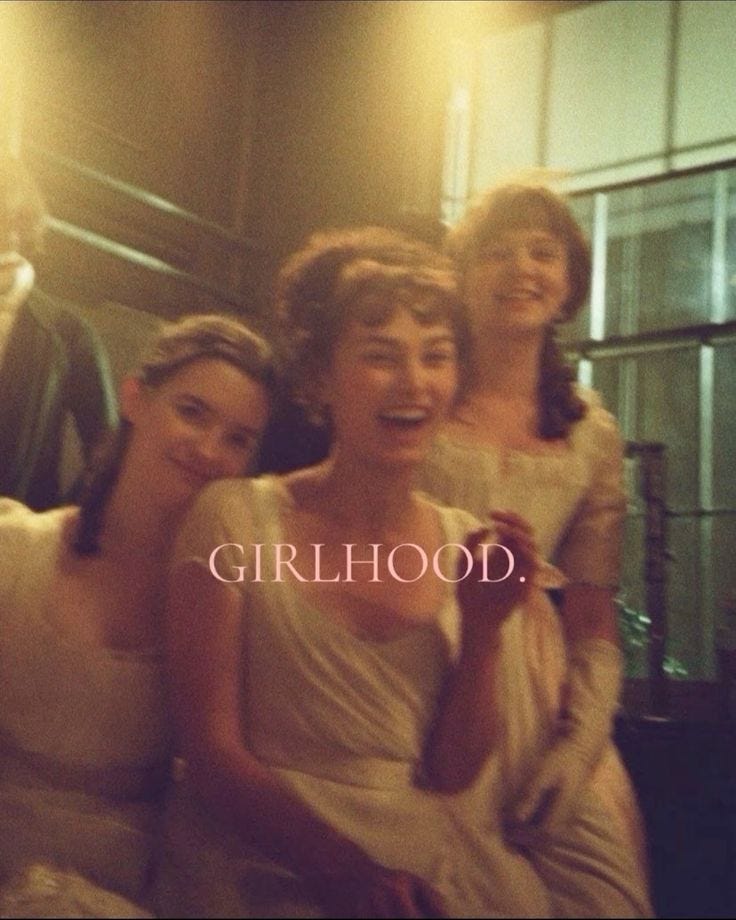

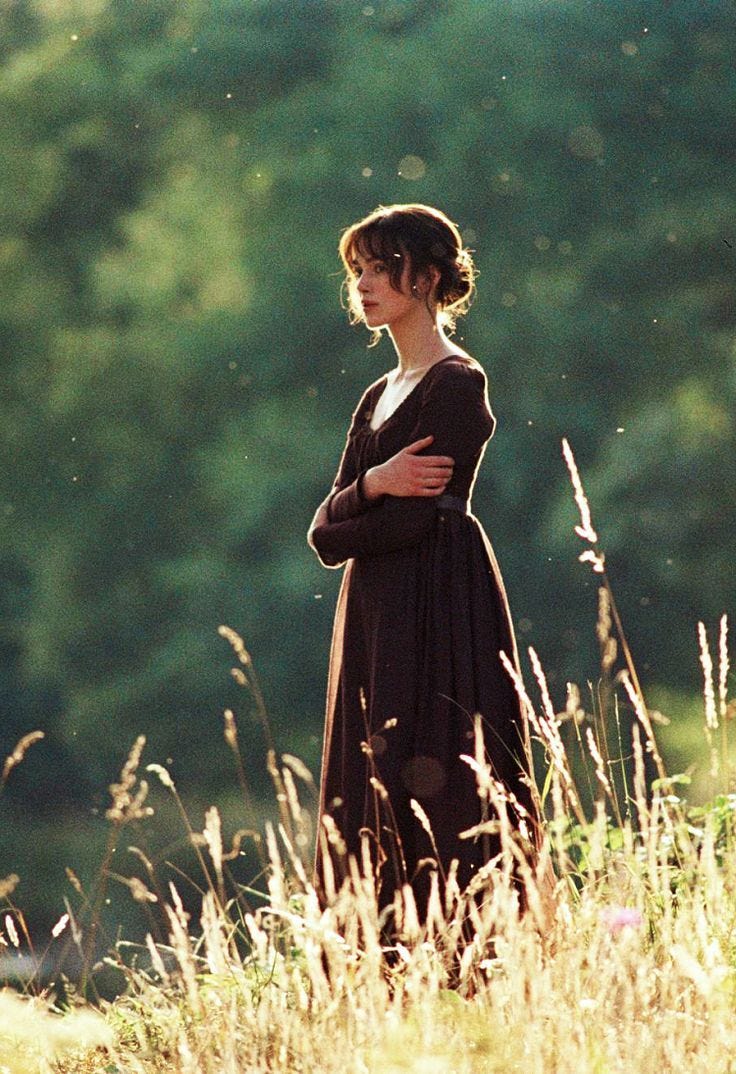
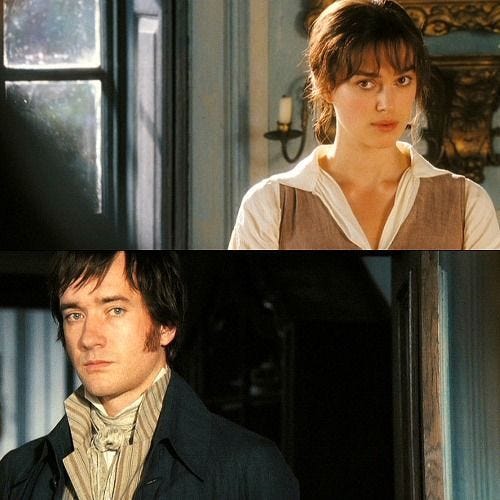


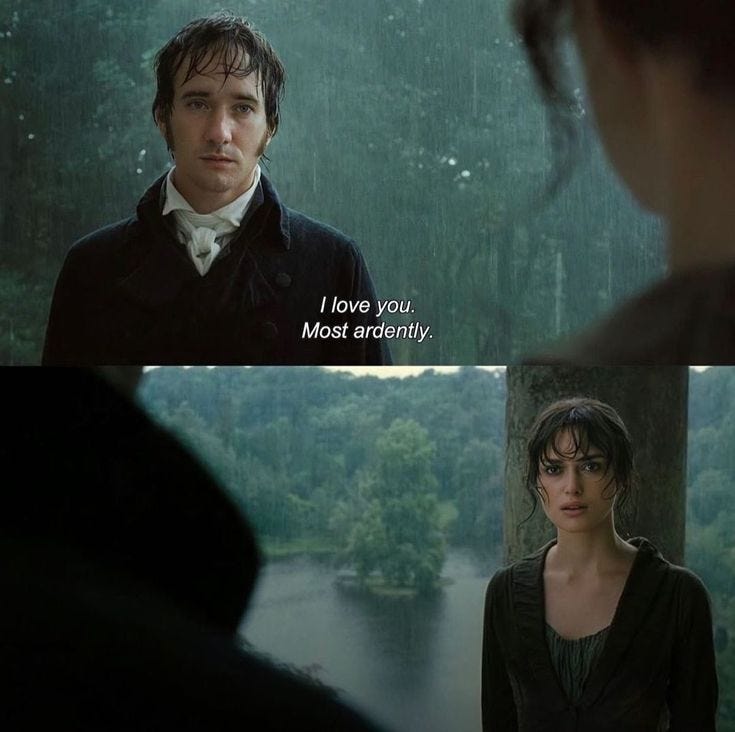
"The right man does not need an audience to prove his sincerity." Okay, that part got me.
It’s true we always assume what readily available in the Internet is the truth. We forget that Internet is the avenue for only to polish part of ourselves to come through.
I love your take on Pride and Prejudice, making me want to read it again with a new eyes!